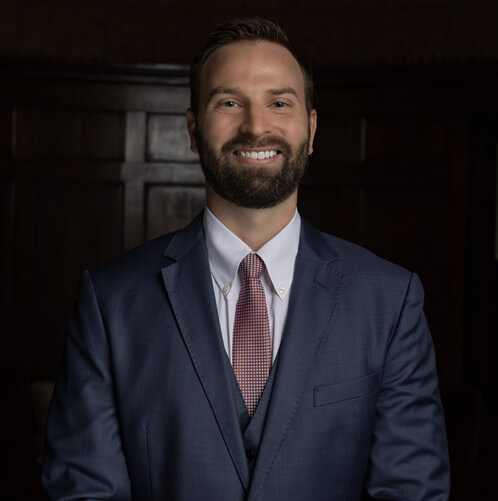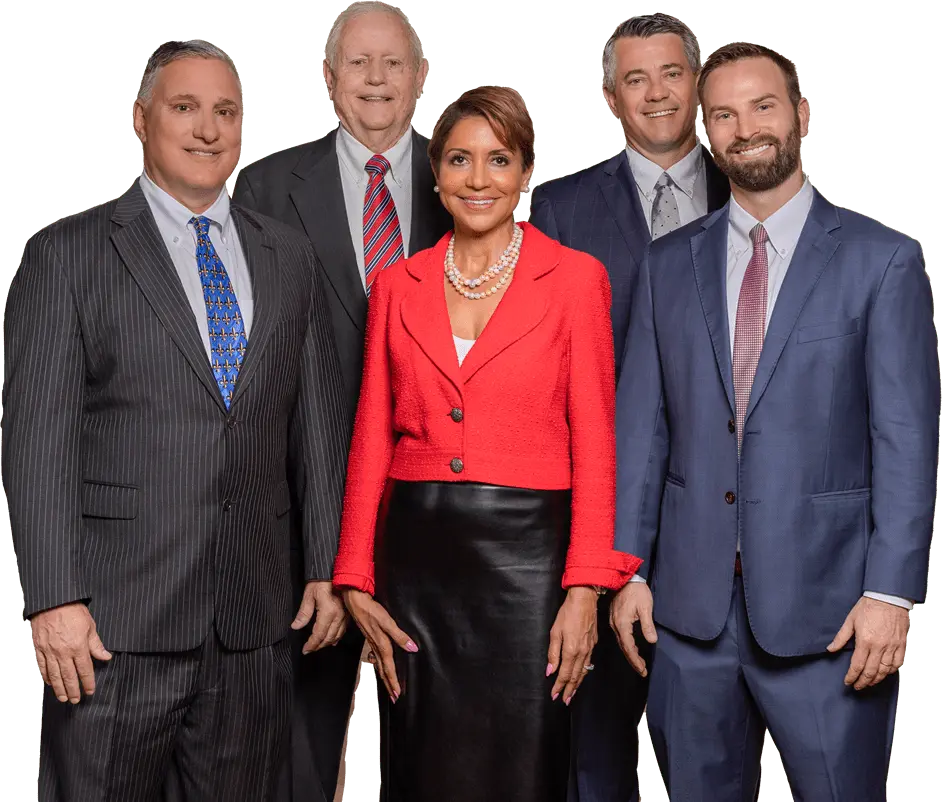
Partner at Charbonnet Law Firm LLC
Practice Areas: Car Accident, Slip-and-Fall, Work-related Injury

Accidents involving large commercial trucks can lead to serious injuries, significant damage, and a complex legal process. One of the first questions people often ask after a crash is : can the trucking company be held responsible for the driver’s actions? The answer depends on several factors, including how the driver was hired, the nature of their job, and what they were doing when the crash occurred.
In Louisiana, employer liability in truck accidents is a key legal issue, especially when the damages are high or more than one party may be at fault. Let’s explore how the law works in these situations and what you need to know if you’ve been hurt in a commercial vehicle accident.
Employer liability refers to situations where a company is held legally responsible for something its employees did. In truck crash claims, this often falls under Respondent Superior, a legal notion that indicates “let the superior answer.” In simpler terms, if a truck driver causes a crash while doing their job, their employer may be held responsible.
Under the doctrine of respondent superior, an employer may be held liable for the negligent acts of its employee if those acts occur within the course and scope of employment.
But employer liability isn’t automatic. To hold a company responsible, you need to prove that the driver was an actual employee (not an independent contractor) and that they were working at the time of the accident.
One of the first steps in any employer liability claim is determining whether the truck driver was actually an independent contractor or employee. The difference matters because employers are usually not liable for contractors’ actions.
Louisiana courts look at several factors to make this decision:
These questions help determine whether a trucking company controls the driver’s work, which is a strong sign of an employer-employee relationship.
|
Factor |
Employee Driver |
Independent Contractor |
| Work Schedule | Set by employer | Self-managed |
| Vehicle Ownership | Usually owned by employer | Owned or leased by driver |
| Insurance Responsibility | Employer’s commercial policy | Driver provides own insurance |
| Control Over Work | Employer has control | Driver has more independence |
| Liability Risk to Employer | High (vicarious liability possible) | Lower (unless employer is also negligent) |
Even if the driver is an employee, that alone doesn’t make the employer liable, the next question is whether the crash happened while the driver was doing their job.
Louisiana courts ask things like:
If the crash happened while the driver was making deliveries or returning from a work assignment, that’s likely within the scope of employment. However, if the driver was off-duty or making a personal detour, the employer might not be liable.
A key question in employer liability is whether the driver was acting under the employer’s control and direction at the time of the crash.
Commercial truck drivers must have a Commercial Driver’s License (CDL) and follow stricter safety rules. The Federal Motor Carrier Safety Administration (FMCSA) sets these rules, which cover topics like driving hours, drug and alcohol testing, and vehicle inspections.
According to the FMCSA, commercial truck drivers must comply with hours-of-service limits, drug testing policies, and vehicle maintenance standards. Failing to meet these can expose employers to liability.
These regulations make CDL drivers more accountable in crashes. If a company fails to train or supervise a driver properly, it may be liable for negligent hiring or lack of oversight.
Employers who own or operate commercial vehicles must carry higher insurance limits than regular car owners. This insurance covers not only the truck driver but also the company in case of a lawsuit
If the employer is found liable, the insurance company may have to pay for:
In some cases, multiple parties may be at fault—such as the truck’s owner, the driver, the producer of a defective truck item, or even the cargo loader.
In Louisiana, plaintiffs generally have one year from the date of the injury to file a personal injury lawsuit. (La. Civ. Code art. 3492)
If the trucking company is held responsible, they may be required to cover a range of damages. These fall into two main categories:
Victims should document everything related to the accident and speak to an attorney quickly to avoid missing the one-year filing deadline in Louisiana.
Yes. Trucking companies may terminate drivers for violating traffic laws, breaching company safety policies, or causing serious accidents, primarily if the accidents result in injuries or property damage.
No. Employer liability depends on whether the driver was an employee and was working at the time of the crash. Independent contractors may limit company liability.
CDL drivers must follow strict federal rules. If they break those rules, such as driving too long without rest, both the driver and employer can face legal consequences.
Yes. Victims can bring claims against the driver, employer, vehicle owner, maintenance company, and others involved in the chain of responsibility.
You generally have one year from the date of the crash to file a personal injury claim under Louisiana law.
Holding an employer accountable after a commercial truck accident isn’t always straightforward. It depends on employment status, job duties at the time of the crash, and whether any laws or regulations were broken. Employers who fail to monitor their drivers or follow safety protocols can be held liable for the harm caused.
If you’ve been injured in a crash involving a delivery truck, 18-wheeler, or other commercial vehicle, it’s essential to understand your rights. An experienced legal team can help you investigate the accident and build a strong case for compensation.
Charbonnet Law Firm, LLC helps injured victims in New Orleans and throughout Louisiana seek justice after commercial truck accidents. Our attorneys can guide you through the legal process and help you determine who may be responsible.

With over 50 years of legal experience serving families in the New Orleans area and surrounding Louisiana communities, our firm takes pride in providing clients with personalized legal services tailored to individual needs.